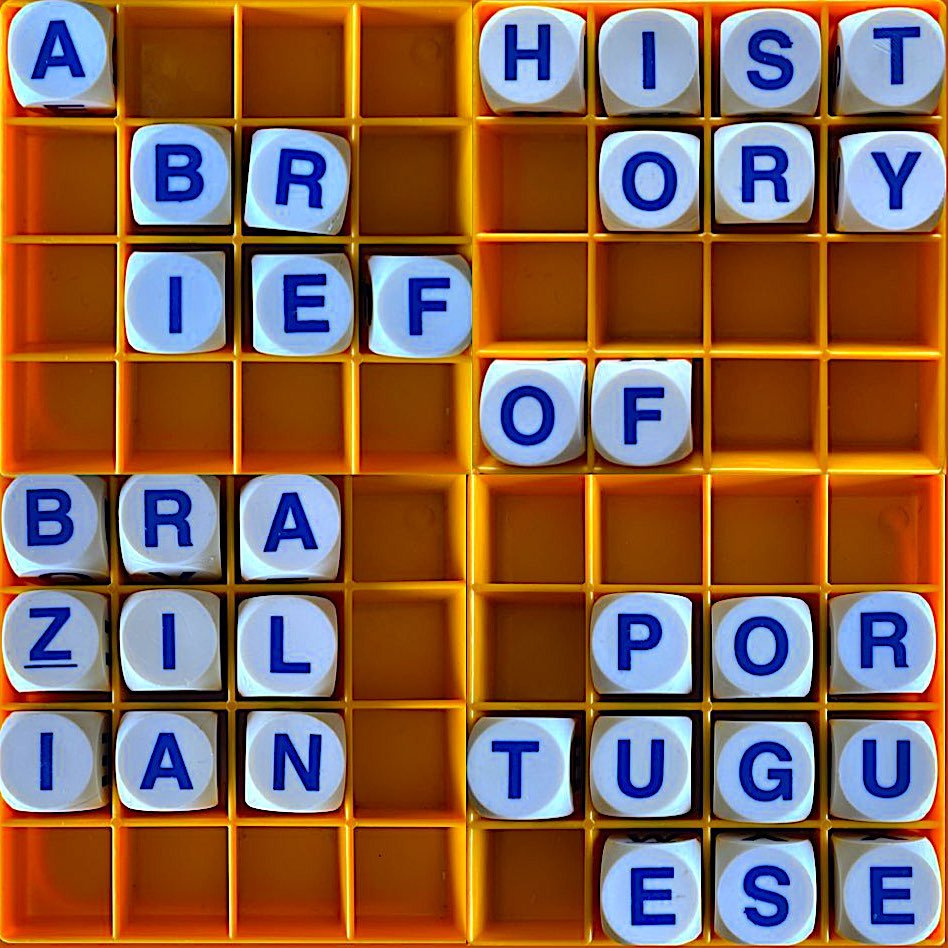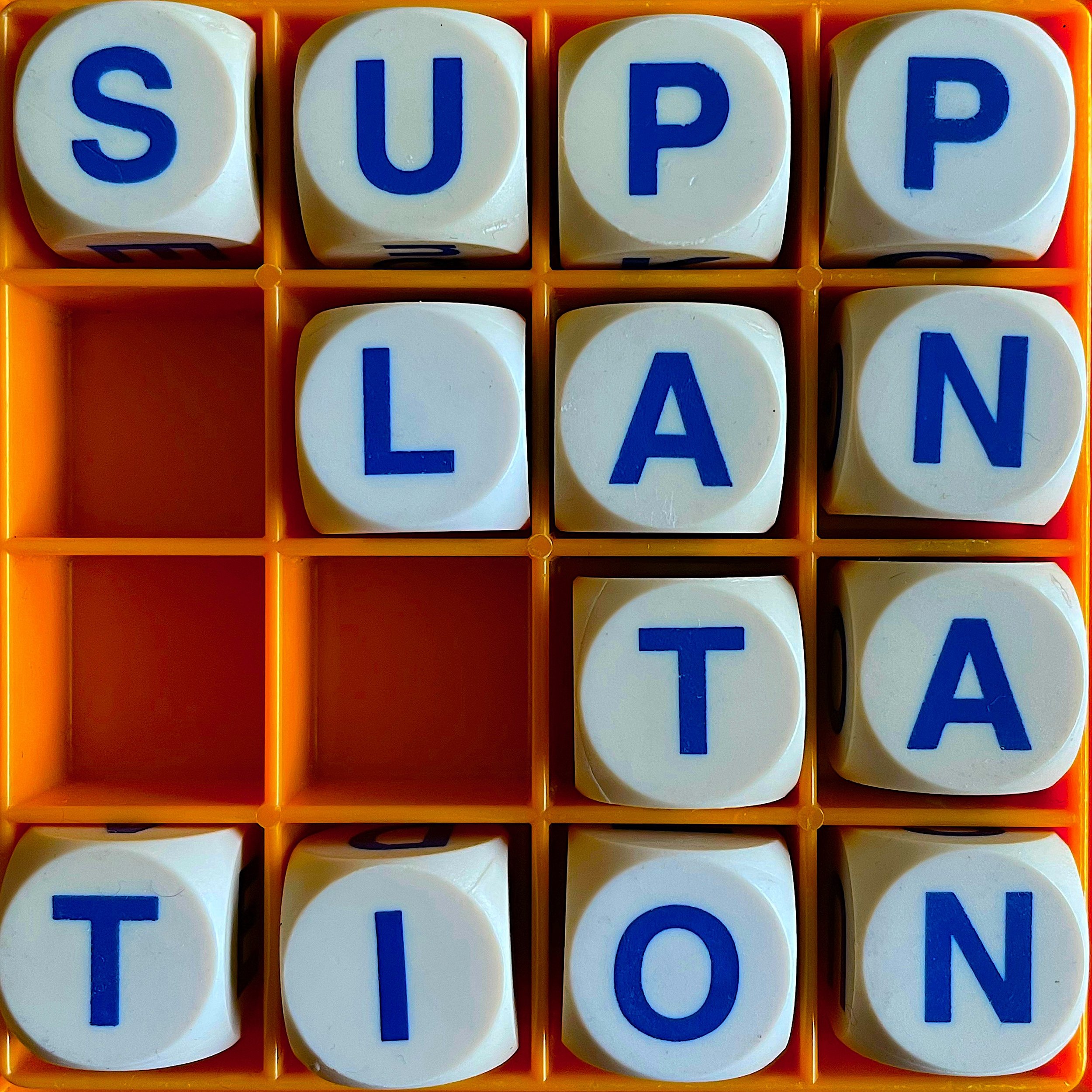CAETANO GALINDO: Brazilians are very confused and confusing and confounding about this relationship with the Portuguese language, because it defines us. We are the place that speaks Portuguese in the middle of a whole bunch of Spanish-speaking countries, and pretty much all of us speak it. And pretty much all of us speak only this one language. It's really something that defines us, and really something that we cannot try to deny or erase or… I don't know. But at the same time, you have this certainty that this was an imposed reality, that this is not what we could have.
Read moreAllusionist 171 Supplantation transcript
HZ: How do you feel when you have to tell someone your address?
LYLA WHEELER: I feel uncomfortable, like, why am I writing this? Why am I talking about this?
KRISTIN DALEY: I feel the same way. I'm mortified.
Allusionist 170 Actively Passive transcript
KENNEDY WHITERS: I'm saying unredact the word ‘plantation’. There are many definitions for a plantation, but the southern definition of plantation, it's where people laboured during the period of chattel slavery. Plantations were places of forced labour. They were forced labour camps - and other people are using this phrase to describe these places.
I made an attempt on Wikipedia to add the descriptor 'forced labour camp' to the word ‘plantation’ - and someone redacted my unredaction, actually.
HZ: I imagine fewer people would choose to have weddings at things called forced labour camps.
Read moreAllusionist 169 The Box transcript
SUBHADRA DAS: A guy from the UCL estates team, screwdriver, took the plaque off the wall.
HZ: That's it?
SUBHADRA DAS: That's how you dename a building. It's not difficult.
Allusionist 168 Debuts transcript
HZ: The work that RFSU does has included, over the past three decades, coming up with new terms, to fill gaps in the vocabulary or provide more options for talking about sex and bodies.
KALLE ROCKLINGER: Sometimes it's to highlight or make something visible that's not been really talked about. Sometimes it's to change norms in society in some ways, and sometimes it's been sort of a really strategic choice for us in our political work to refuse a certain term or way of describing things, to tell another story, so to speak.
Read more




